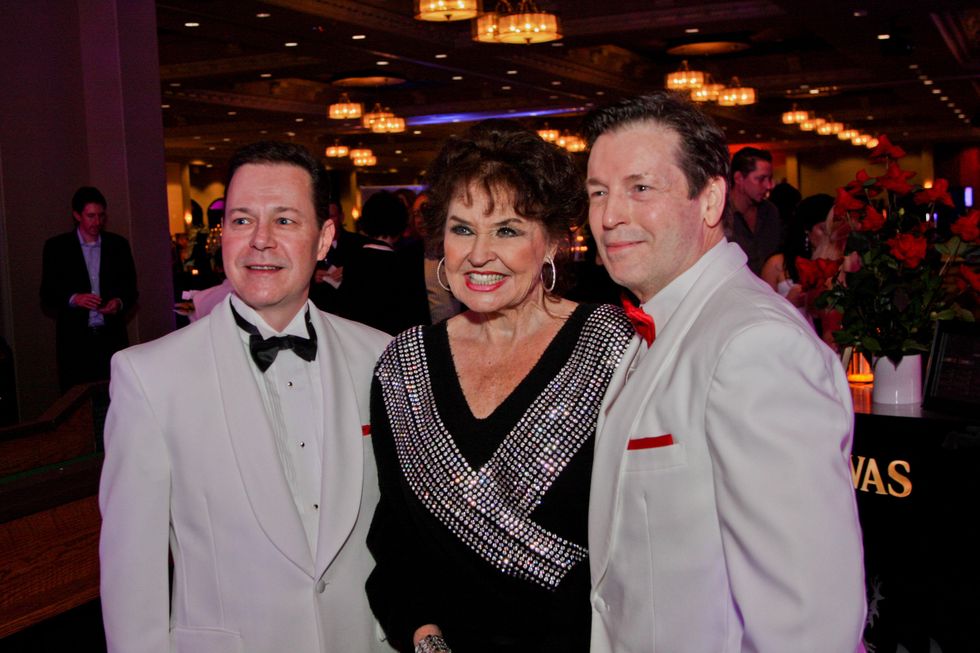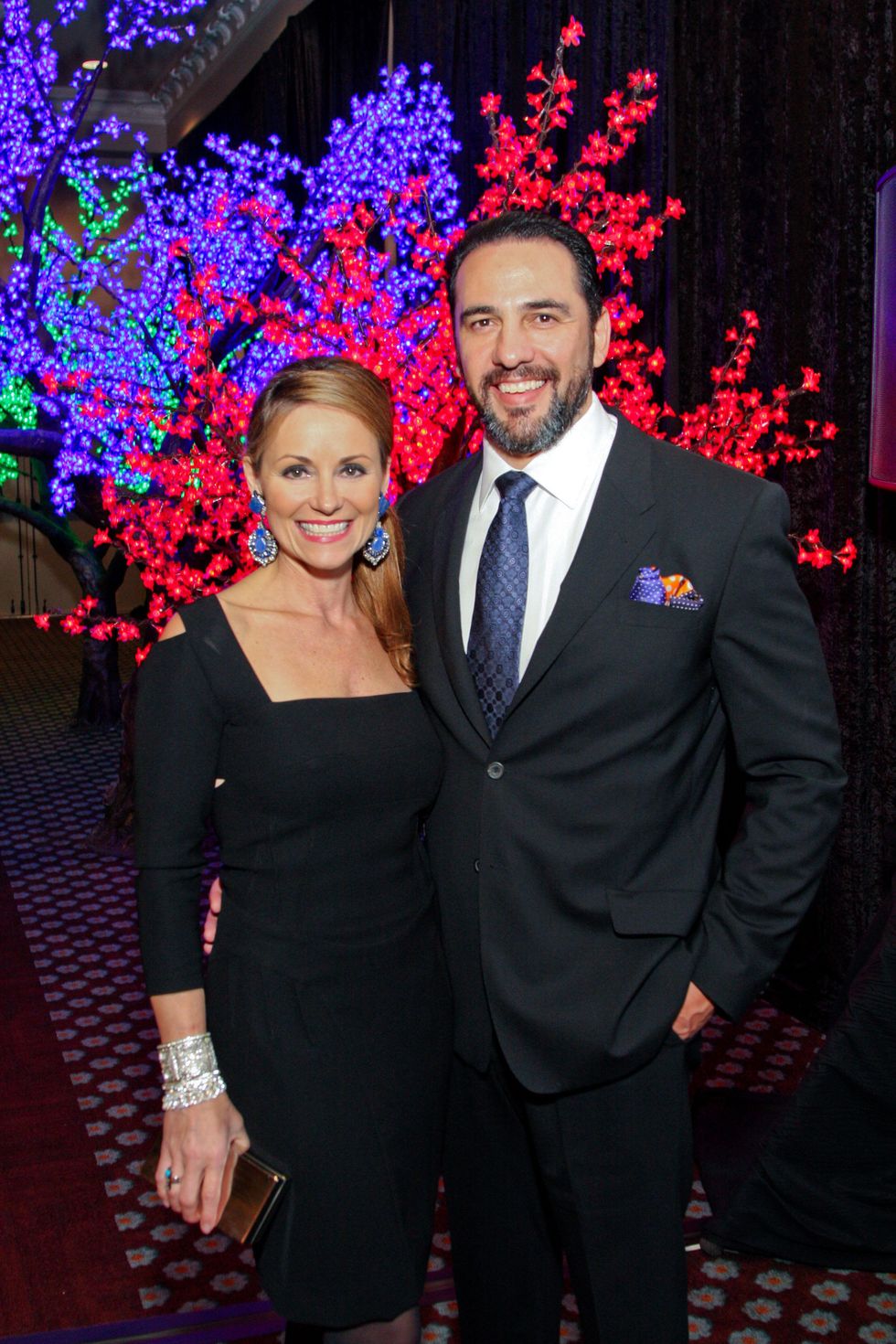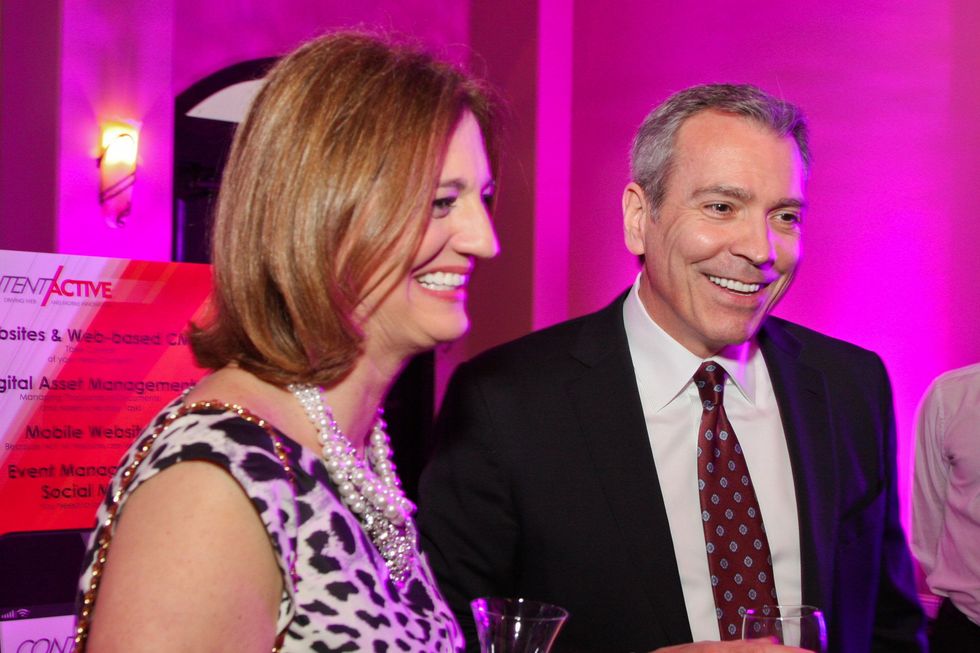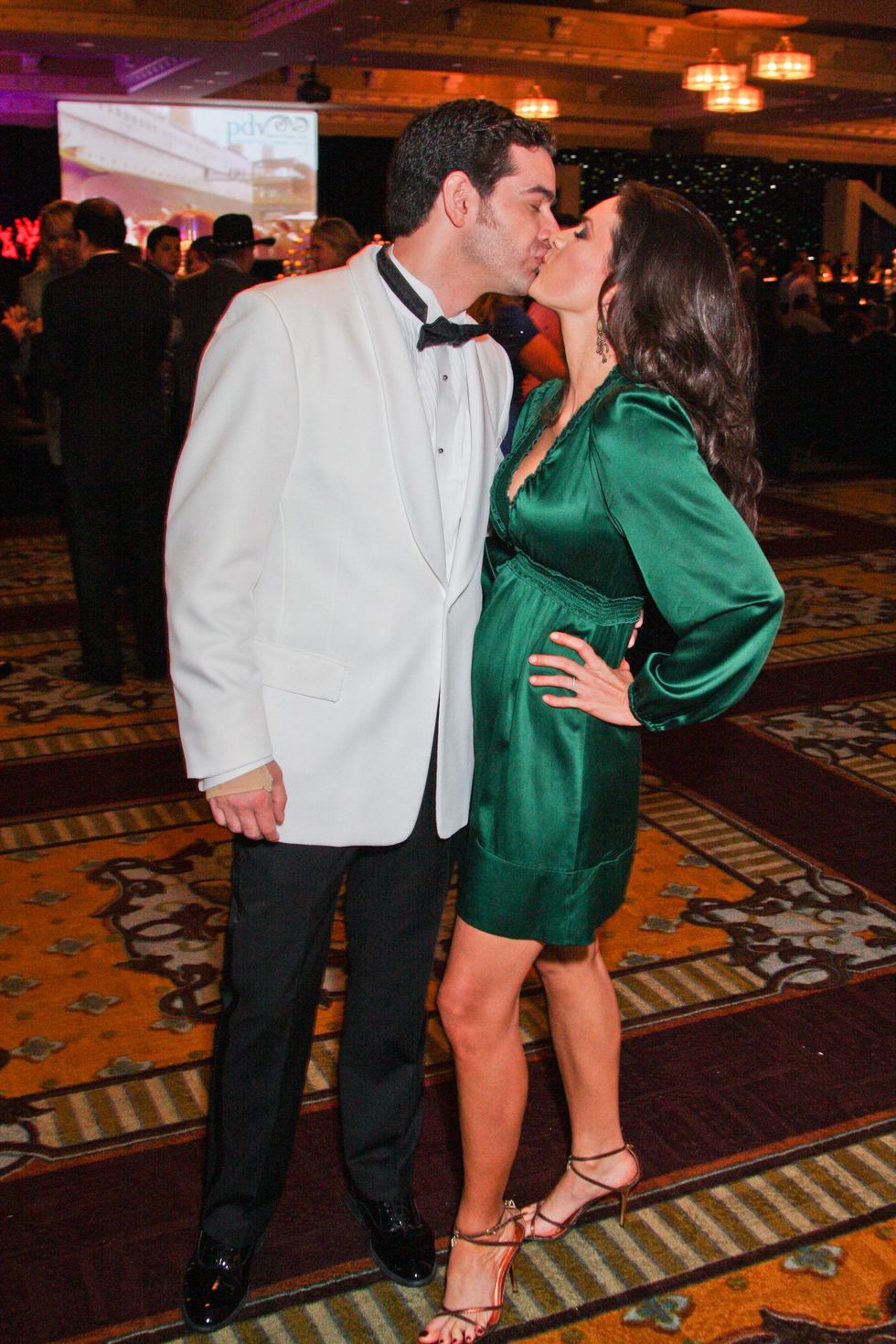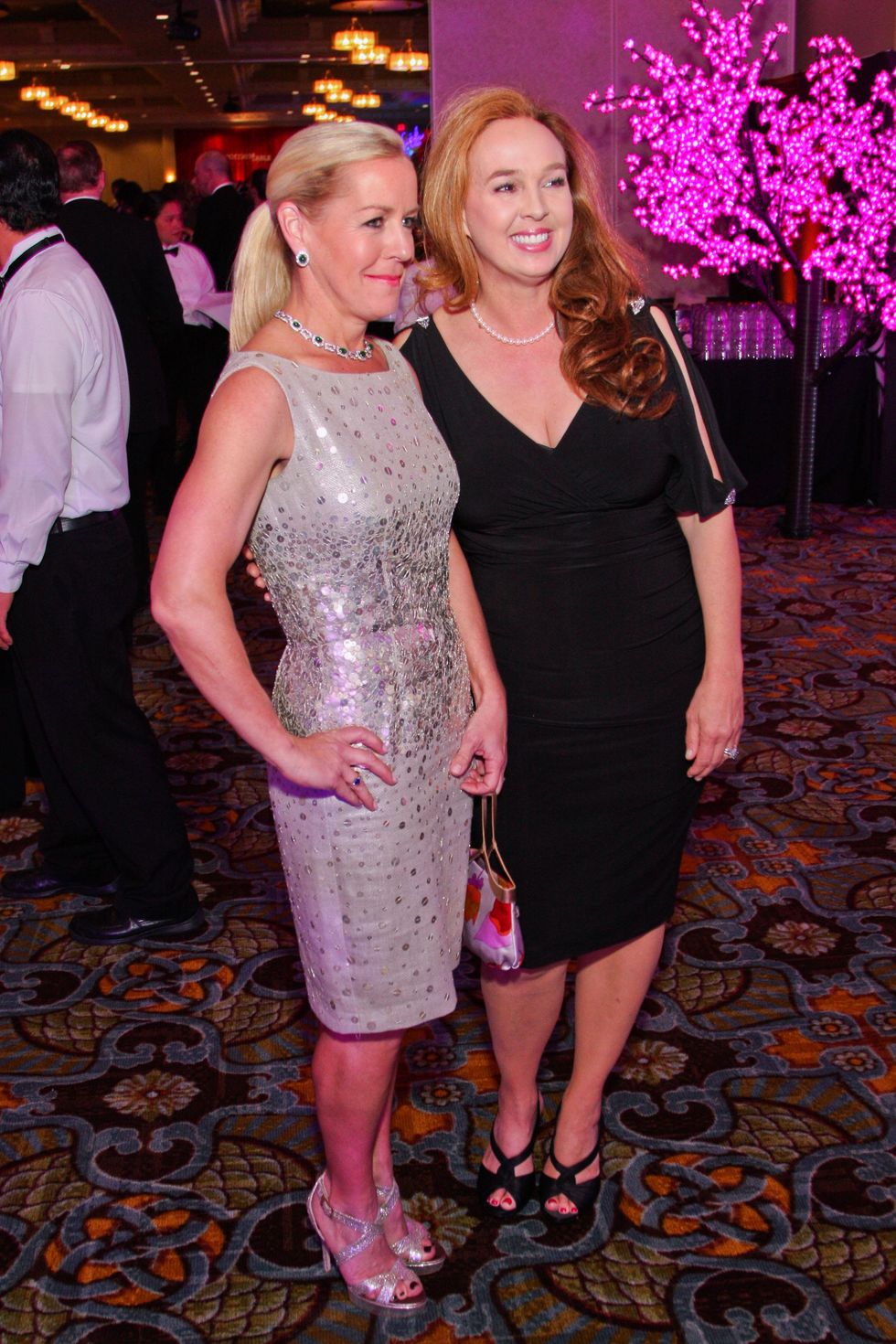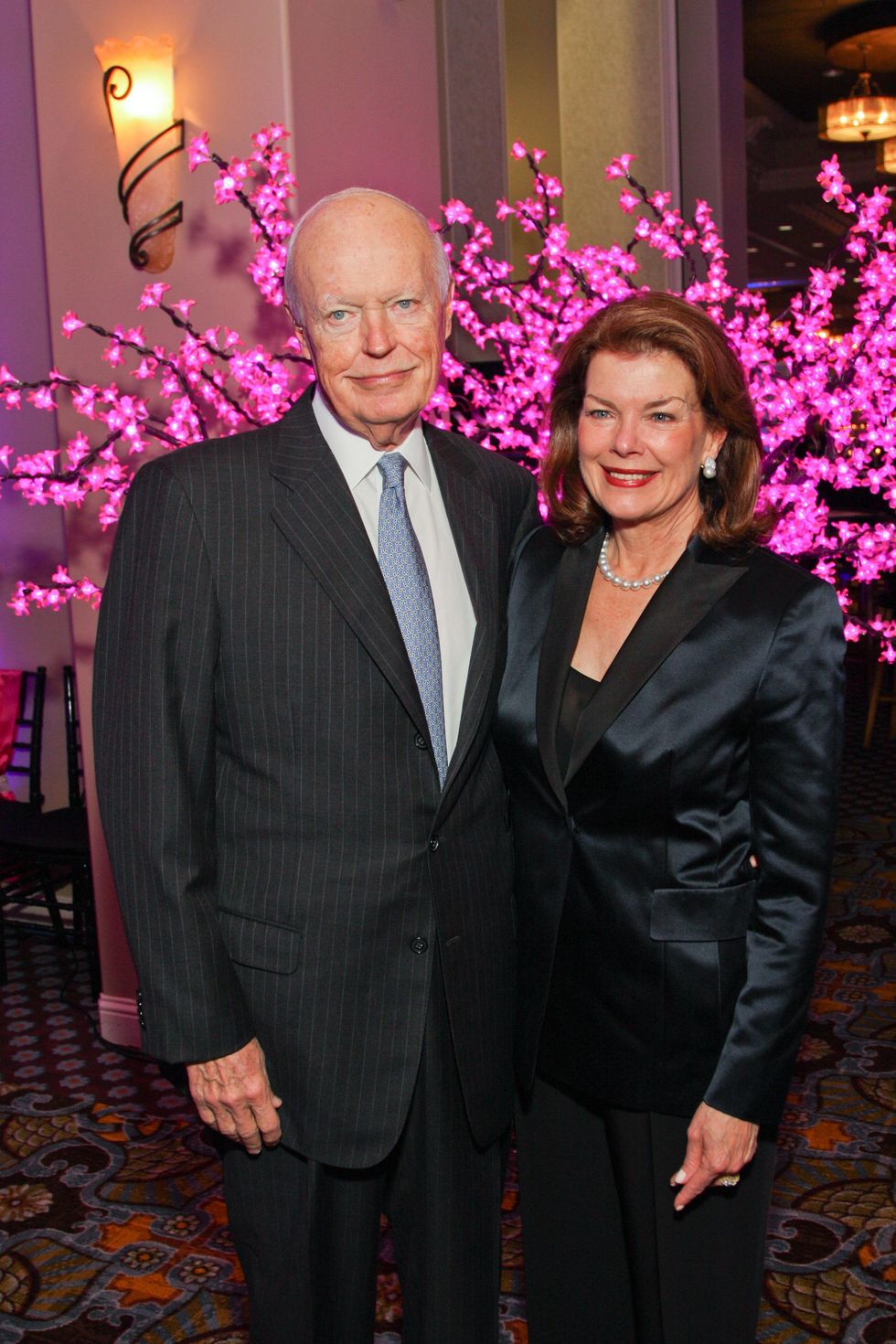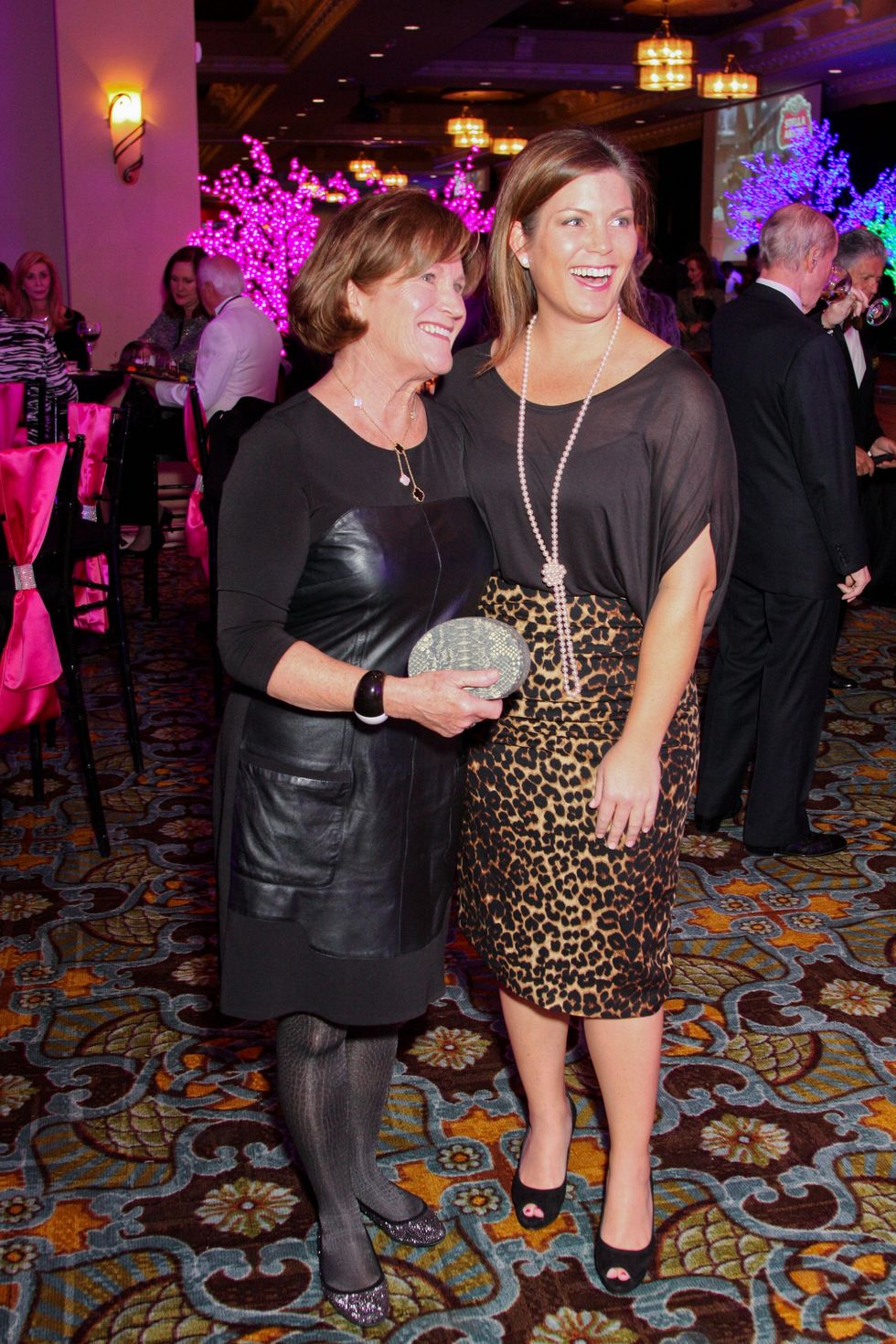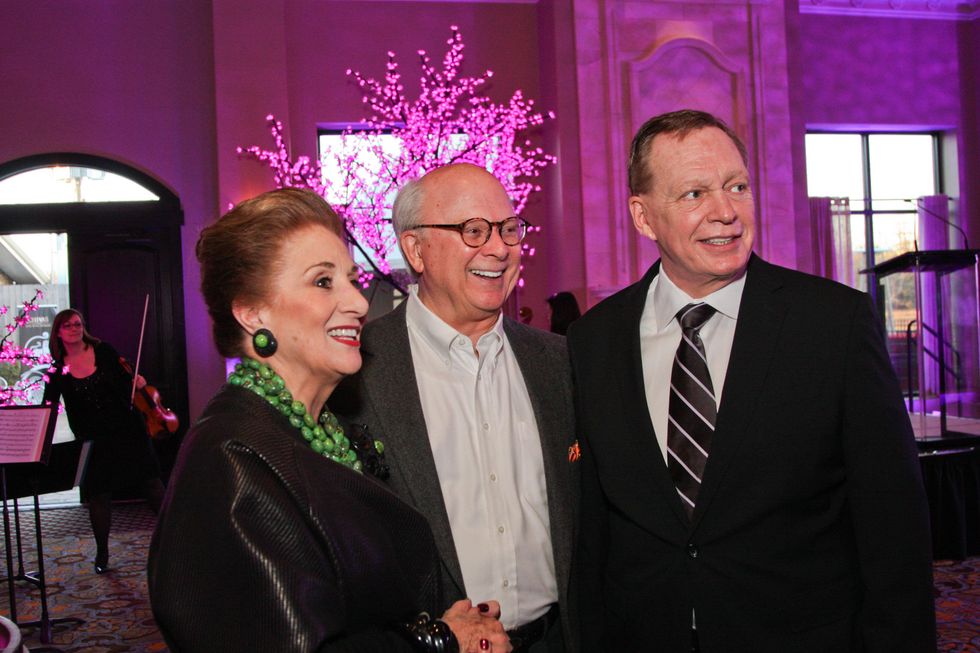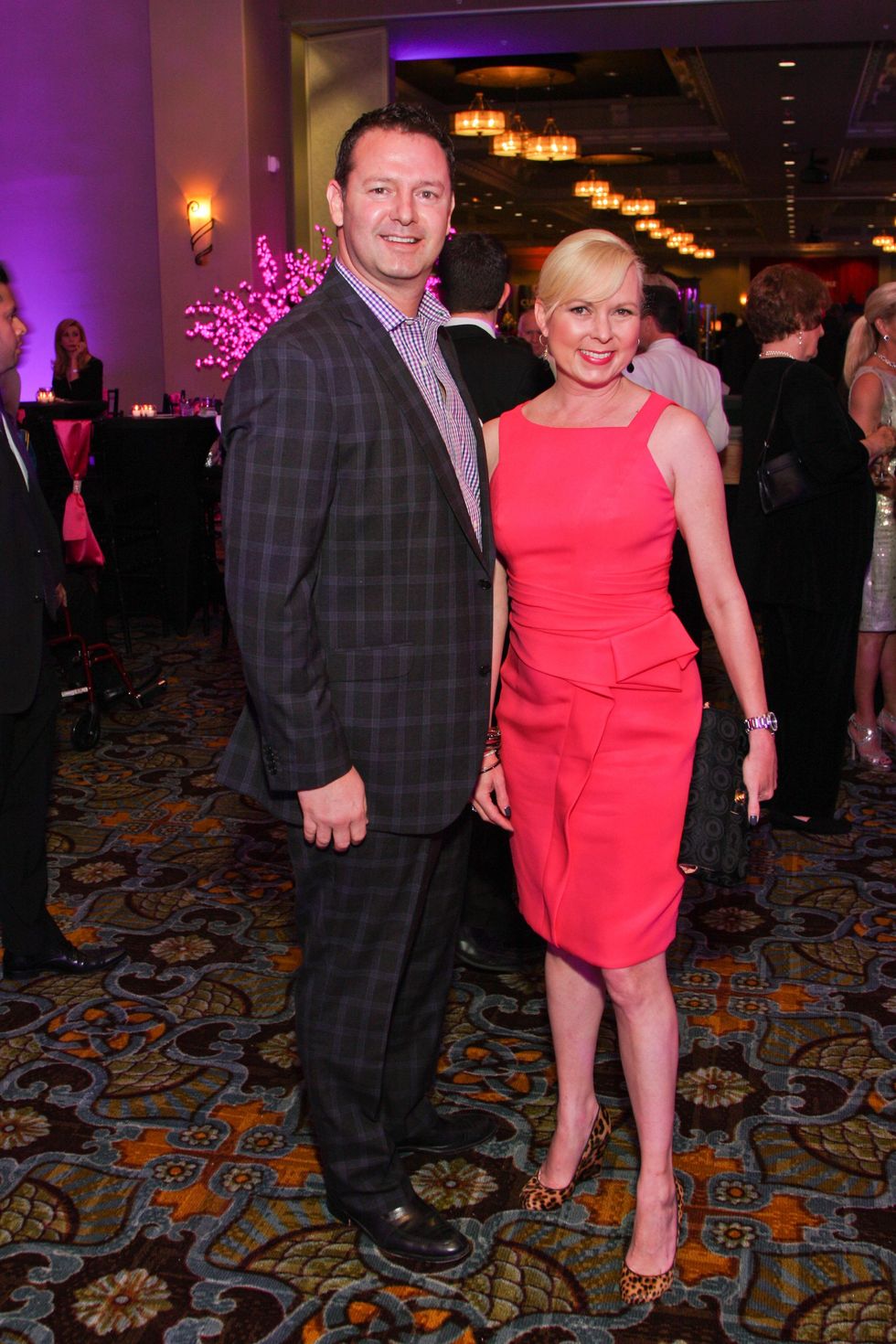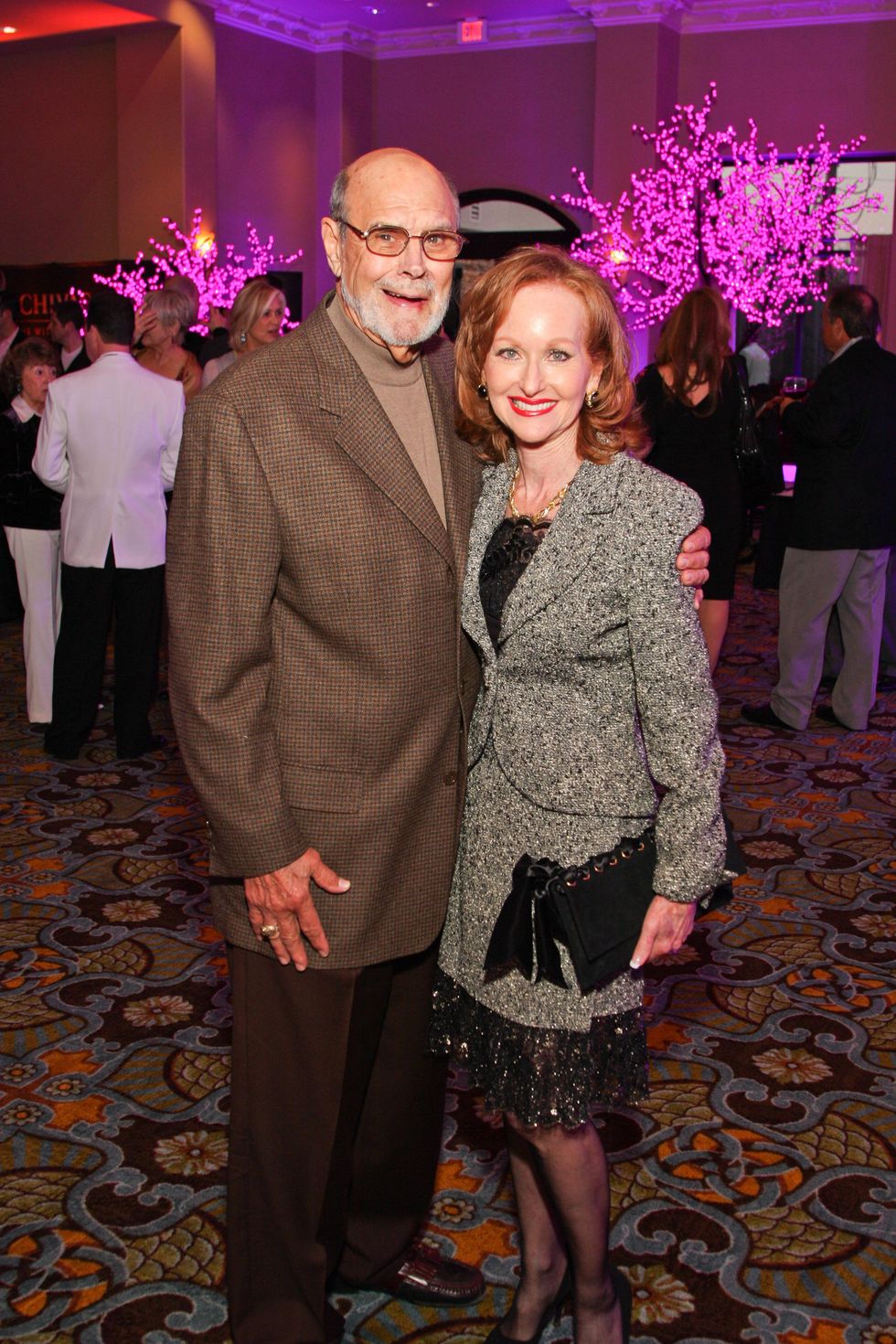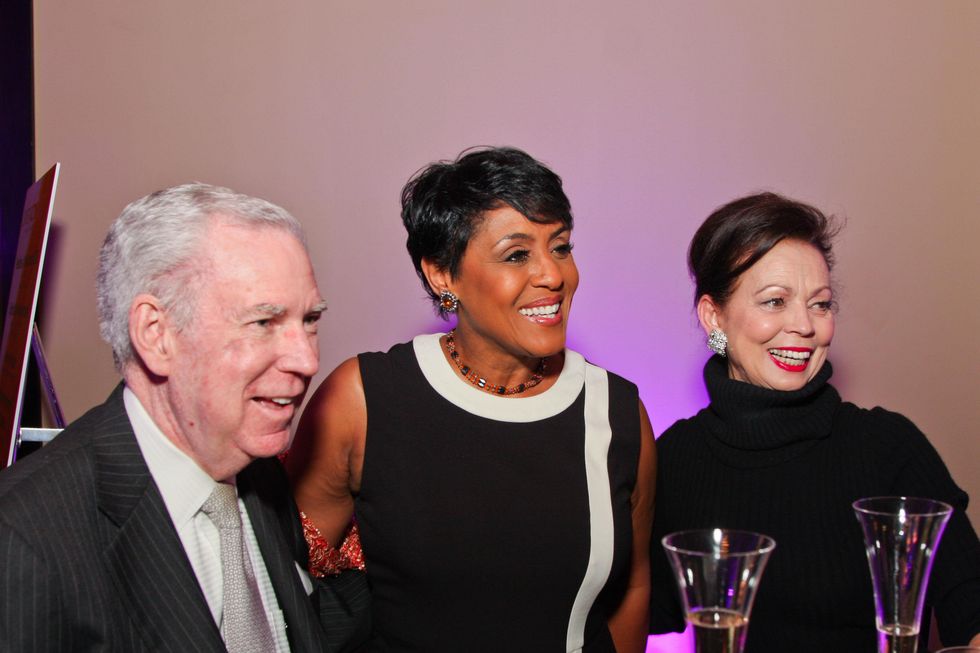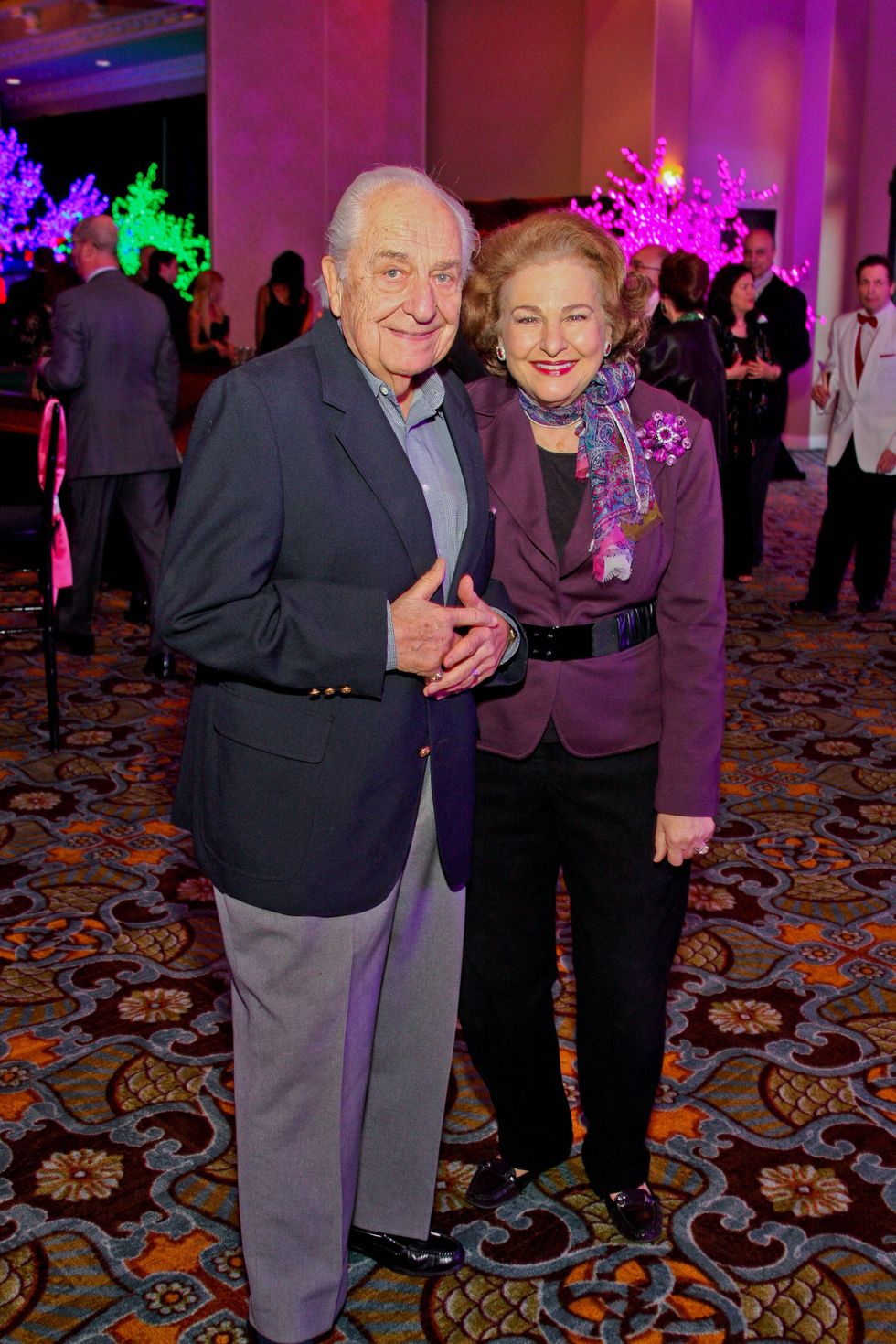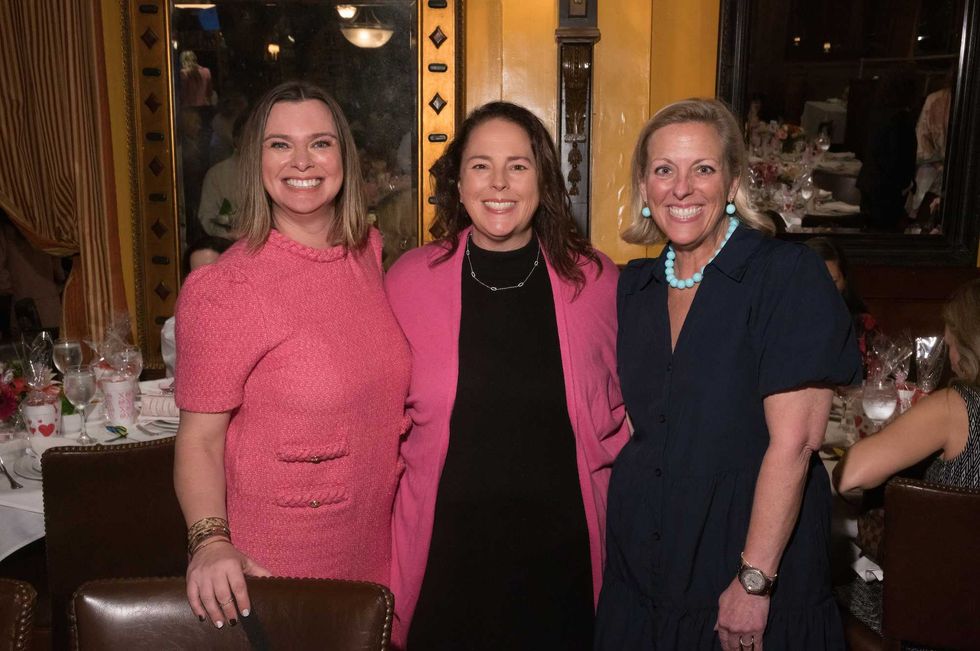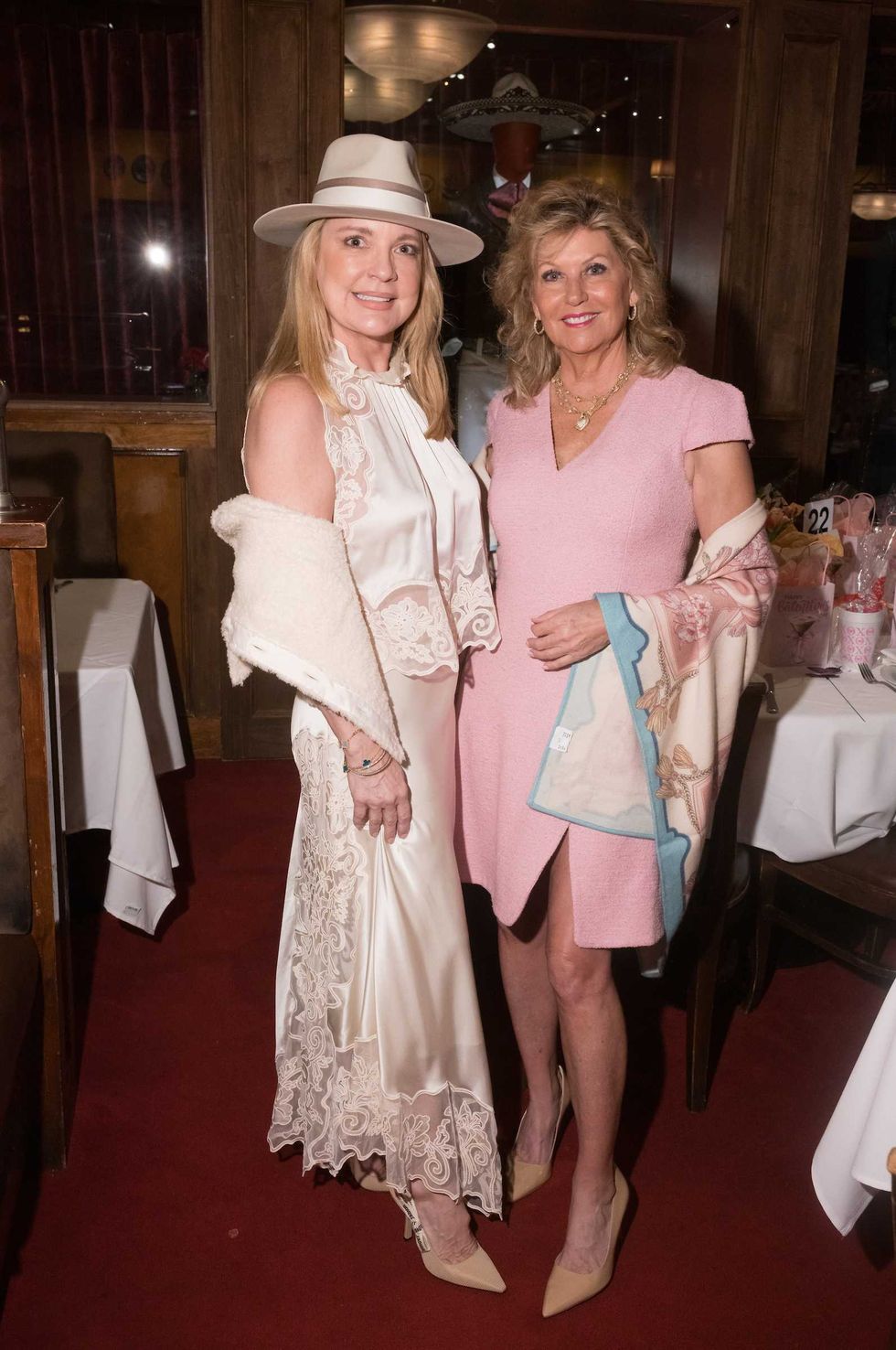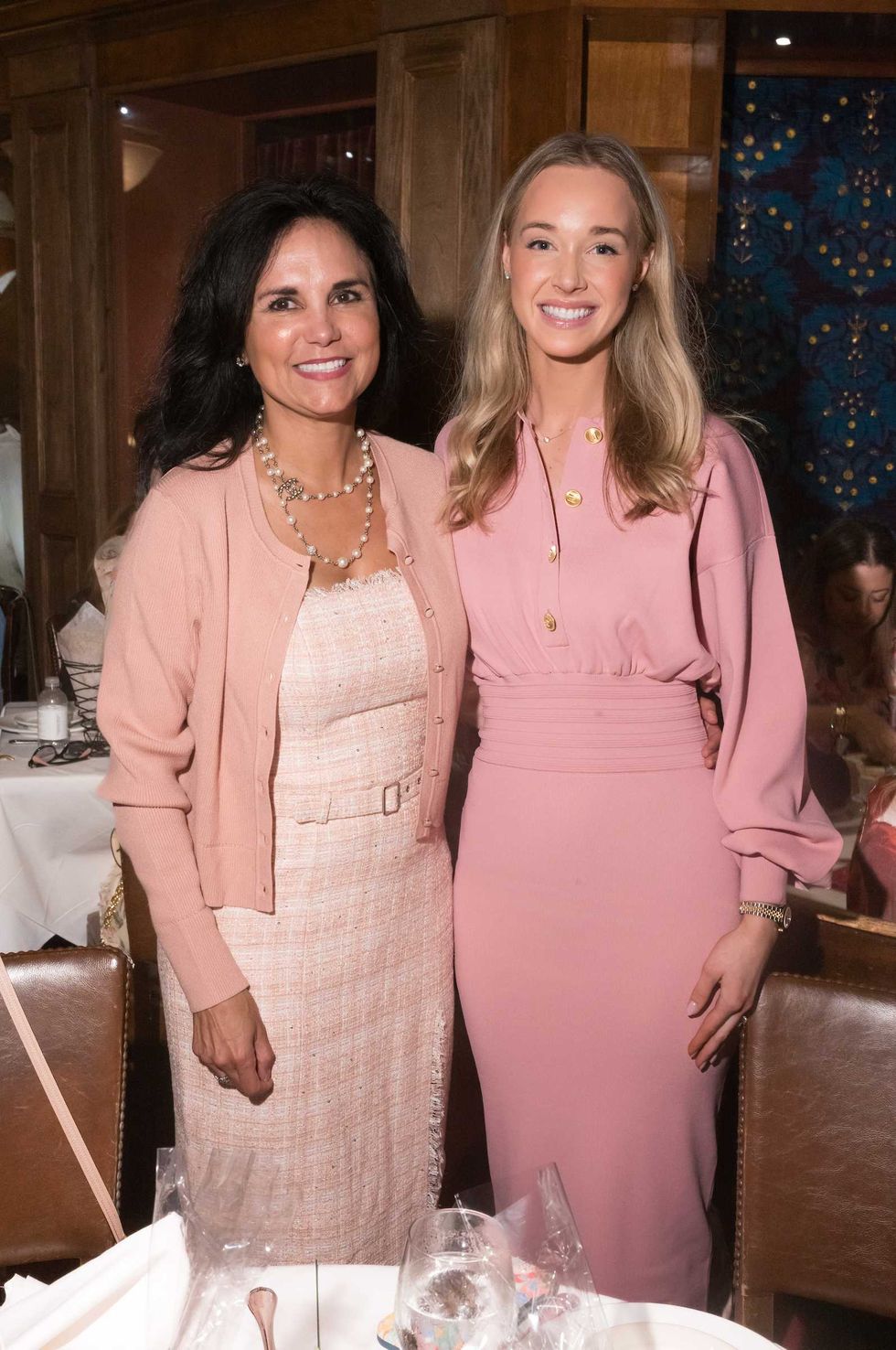Shelby's Social Diary
A 1,000 strong party throng turns this launch into a dazzling show — with gold beer glasses
The 18th edition of The Social Book was celebrated in high style when owners/editors Scott Evans, Jeff Henry and Sami Shbeeb welcomed more than 1,000 partygoers to the Bayou City Event Center for a night filled with entertainments ranging from dazzling light displays to movie-themed vignettes to the music of Richard Brown.
A score or so of special event-related businesses put their best foot forward, complimentary of course, to impress the socially active contingent. Consider the dazzling "crystal" trees with LED lighting by A Memorable Event, the gold-rimmed beer glasses filled with Stella Artois from Silver Eagle Distributors, flowers by Nino Shbeeb, wines by Denman Moody and taste sensations from a dozen caterers and restaurants. Organizing the vast scene of diversions was Paul-David Van Atta and his PDV Special Events.
The 2013 Houston Treasures, honored at a December dinner at the St. Regis, were introduced Hollywood style by Treasures founder Warner Roberts.
Beyond the Houston Treasures, the party crowd included Anne and Dr. John Mendelsohn, Neda Ladjevardian, Phyllis Williams, Darla Lexington, Kim and Dan Moody, Ed McMahon, Lara Bell, Roseann Rogers, Elsie Eckert, Jan Carson and Tim Connally, Chris and Walter Kase, Sharon Graham, Monica Hartland and Vivian Wise.
